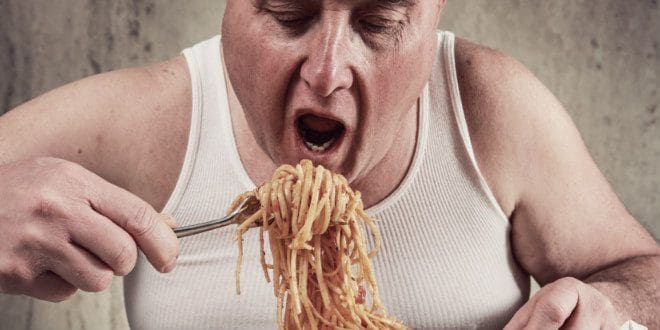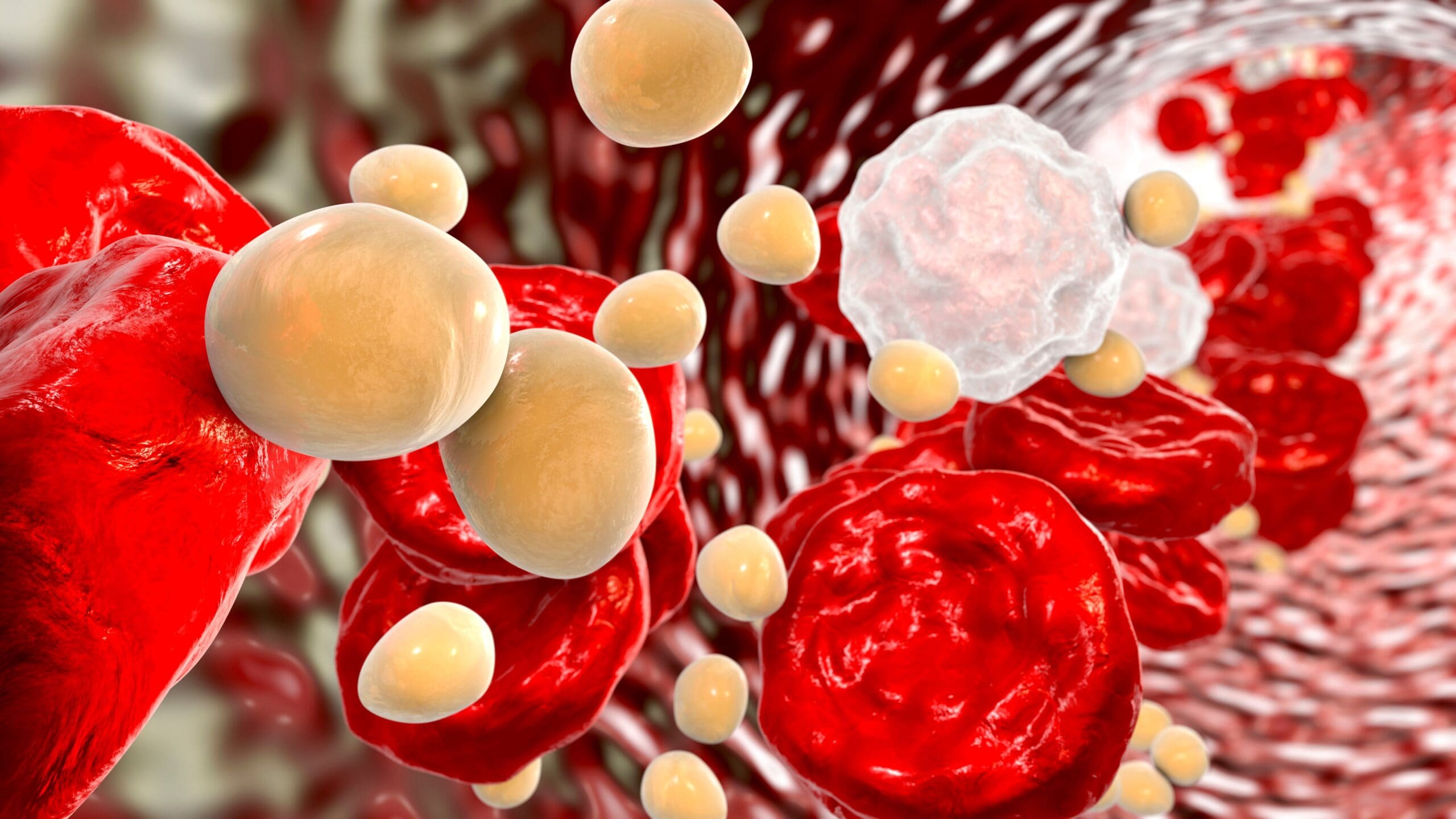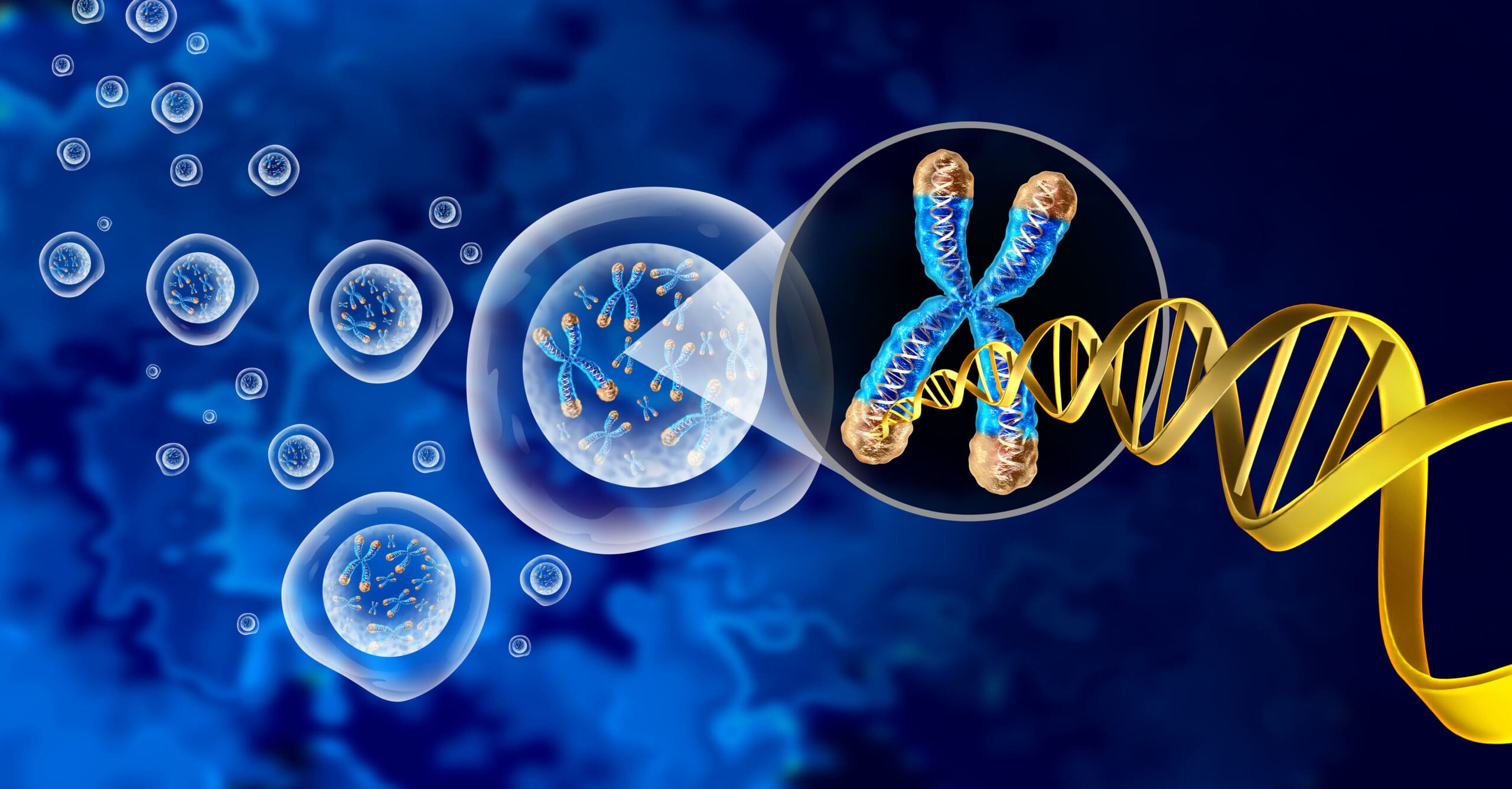Do you often eat a meal, but still feel hungry afterwards?
Although an increase in appetite is common post workout or during pregnancy, if neither of these fits your situation it is worth looking into the possible causes of your constant hunger. These are six hidden causes of hunger that may be affecting you:
1. Lack of sleep: There are many side effects of not getting enough sleep, but you may not know that sleep deprivation disrupts the production of the appetite regulating hormones ghrelin and leptin. Leptin is released to suppress appetite, and ghrelin is a hormone that stimulates appetite, so if you aren’t getting sufficient sleep it disrupts these key hormones and can lead to excessive eating.
2. Not drinking enough water: As hunger and thirst are both regulated in the same part of the brain, you may actually be thirsty but could think you are hungry. To avoid this, try drinking a glass of water and waiting 15-20 minutes to see if you’re still hungry. Make a habit of taking a bottle of water with you everywhere you go so it is easily accessible for when you may get hunger pangs. This could stop you from overeating, as well as the many other benefits of drinking water.
3. Stress: When you are stressed your body releases the hormones cortisol and adrenaline. These hormones can make you feel like you need extra energy, causing your appetite to go into overdrive and likely cause a food binge. Alternatively, you could manage your stress by listening to music, going for a run or doing some meditation. These methods are much more beneficial and won’t lead to weight gain.
4. Eating Too Quickly: It takes 20 minutes for the stomach to signal the brain you are full. Remind yourself to eat slowly and appreciate the taste of the food you are consuming. You could even count to five in your head before swallowing to help with digestion. Or if you are eating in company, become more involved in conversation so you are having breaks between your bites. These tips will allow your brain time to register fullness.
5. Overloading on Refined Carbs: Refined carbohydrates are those that are made from sugar and many types of wheat and rice based flours. These have a high Glycaemic Index (GI). The GI refers to a scale that is used to measure the effect of specific carbohydrate foods on blood glucose levels. Refined carbs are present in many processed foods such as cakes, biscuits, crackers, chips, pastry, many pastas, milk-chocolate, lollies, candies and ice-cream. When you eat these foods they are rapidly converted into blood sugar, which spikes insulin levels and this causes you to reach for more carbohydrates, even though your body does not need it. Although it is not necessary to eliminate carbs altogether, I recommend you go for more minimally processed carbs such as whole or gluten free grains, beans, seeds, nuts, vegetables and fruit.
6. Not Eating Enough Fat or Protein: By fat we are referring to the naturally occurring saturated and unsaturated fat that is present in foods such as meat, poultry, eggs, seafood, cheeses, butter, Greek yogurt, coconut flesh, milk and oil, olive oil, avocados, seeds and nuts. Fat and protein can make you feel fuller for longer, and this especially applies when eating a meal containing both. Fats and proteins do not stimulate the production of insulin; this is fantastic news because insulin is a powerful fat-storing hormone! Try to eat first class protein with every meal, like fish, chicken, meat, eggs, protein powder, cheese or plain full fat yoghurt.
Note: If you are vegan you will need to ensure that you obtain all essential amino acids which means you need to eat 3 of the following food groups at the same meal:
- Legumes (beans, lentils or peas)
- Grains
- Nuts
- Seeds
Reference: “I Can’t Lose Weight and I don’t know why” by Dr Sandra Cabot









Leave A Comment